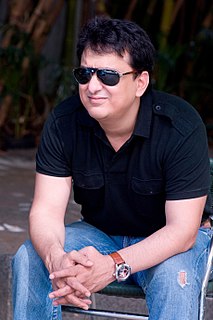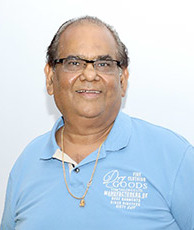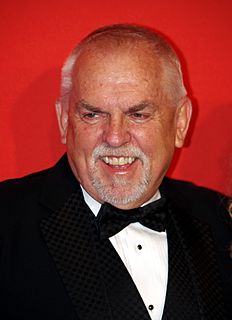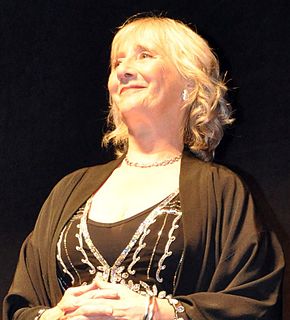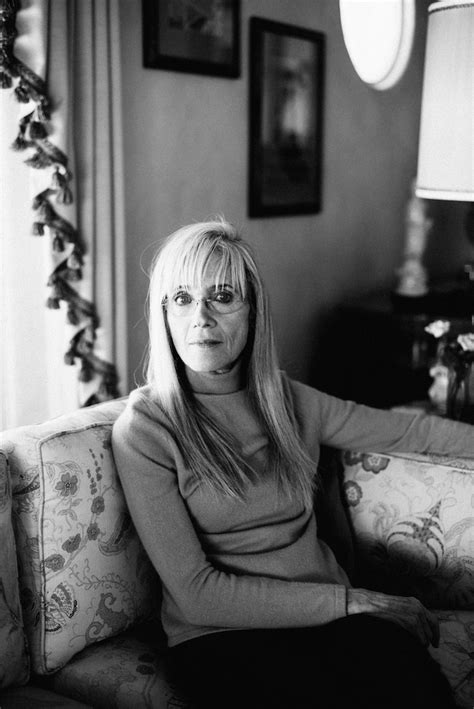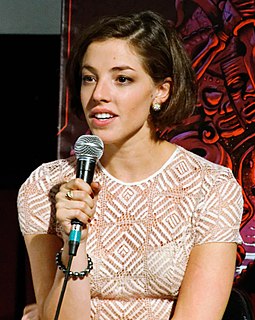A Quote by Harrison Ford
That [film What's My Line] was very useful to me because it had Branch Rickey in a social situation. Every other bit of film [42] that I had was him making a speech.
Related Quotes
I met Michael Snow and Stan Brakhage the second day after I arrived, you know. I had never seen or heard of Brakhage. For me, it was a revolution, because I was well educated in film, but American-style experimental film was known to me in the abstract, and I had seen practically nothing. I had seen a film then that Noël Burch had found and was distributing called Echoes of Silence. It was a beautiful film, three hours long. It goes forever and it was in black and white, very grainy, and I saw that film and I thought...it was not New Wave. It was really a new concept of cinema.
After I read the story of 'Dangal' and before the film released, I called director Nitish Tiwari asking him if he had any good script. He told me to wait for some time. So we had three-four sittings, and this film, 'Chhichhore,' came to him. The film did not have superstars, but I felt that this is the script that needs to be told.
One of the high points in my career came from a time I had with Tim Conway on a film when I had him fall down with laughter. I had this scene with him where I was this mechanic down fixing his car. I can't remember what my line was as written, but they were okay with me doing a made-up line. So Tim asks me what's wrong with his car, and I look up and say, "Well, looks like you got a squirrel caught up in there."
Usually, when making a film, the surprises are negative surprises. You don't get what you wanted or what you hoped for. The only nice surprises are those that are offered to you by actors when they offer you these gifts, when they are better and give you more than what you had originally conceived. That doesn't happen every day on set, but if it happens a couple of times in the course of making a film, you can consider yourself very lucky.
Up until then, whenever anyone had mentioned the possibility of making a film adaptation, my answer had always been, ‘No, I’m not interested.’ I believe that each reader creates his own film inside his head, gives faces to the characters, constructs every scene, hears the voices, smells the smells. And that is why, whenever a reader goes to see a film based on a novel that he likes, he leaves feeling disappointed, saying: ‘the book is so much better than the film.
I naively thought I was making a low-budget movie. But, when the film came out, the Daily Variety reviewer at that time who was named Art Murphy described it as an exploitation film. I had never heard that term before. Roger never used it. So that's how I learned that I had made an exploitation film.
'How the West was Won' was very hard, because it was a three cameras technique, meaning three cameras wide. Therefore I wasn't speaking to my fellow performer, I was speaking to a camera, or a line next to the camera. It was difficult to do, because its not real acting. I had to pretend that I was 'seeing' Agnes Moorhead or Jimmy Stewart or Carroll Baker. I wasn't, I was acting to a drawn line. It took me personally two years to make the film, because my character starts at age 16 and I end up being 92 years old in the film. By the end of that production, I was ready for a long nap.




